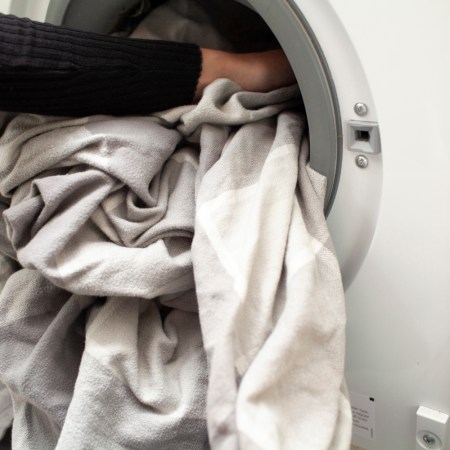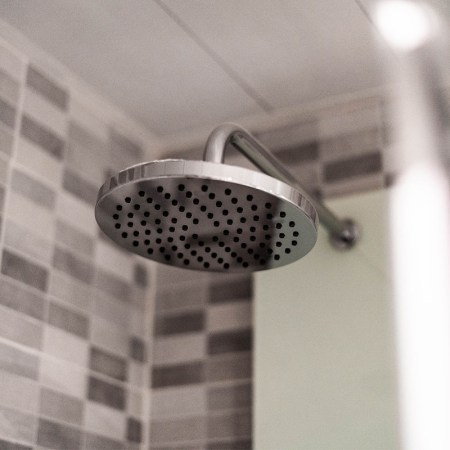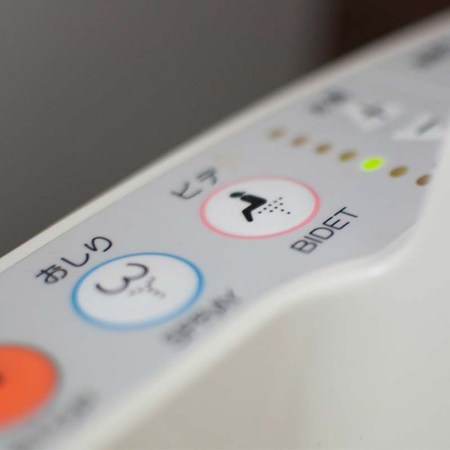Microbiologists confirmed a few years ago that the kitchen sink is the dirtiest place in the house — dirtier, even, than the seat of your toilet.
When scrubbing it free of all sorts of bacteria (salmonella, E. coli, yeast, fecal matter, other nasty nonsense), you’re best served mixing a bleach solution with water and using one of those durable, nylon-bristle scrub brushes. What you almost certainly shouldn’t use is an old-fashioned kitchen sponge.
According to a study published in Nature Chemical Biology, the architecture of sponges offers an unmatched breeding ground for microbes. It’s unclear exactly what bacteria “want” when selecting places to propagate, but a sponge offers them far more options than a run-of-the-mill petri dish. Sponges contains pockets of varying size, which one author of the study referred to as “tiny rooms and bigger rooms,” where bacteria can find plenty of nooks and crannies for reproduction and survival.
In essence, scientists who spend their days intentionally looking to grow bacteria, have proven that the cellulose sponge on your kitchen countertop, which you use to either scrub the interior of the sink or dirty dishes (hopefully not both!) is the preferred loveshack of nature’s creepiest crawlies.
To be clear, the study was only based on engineered models — the scientists tested their hypothesis with computer imaging, then released a lab-grown version of E. coli into a real sponge — but the findings were pretty clear, regardless. Kitchen sponges are an ideal environment for microbes.
Which means they’re probably not an ideal tool for you to have in the kitchen, especially when scrubbing cutting boards that may have held raw meat or vegetables. Some of us cling far too long to a specific sponge, similar to allowing a toothbrush to go the distance, when the safest route here is to ditch it early, and perhaps not even use one at all. Consider switching to a more industrial-grade model (one with a handle, so you don’t have to actually touch the fecal stuff), replace it often and when in doubt, use your dishwasher. It’s there for a reason.
Thanks for reading InsideHook. Sign up for our daily newsletter and be in the know.


















